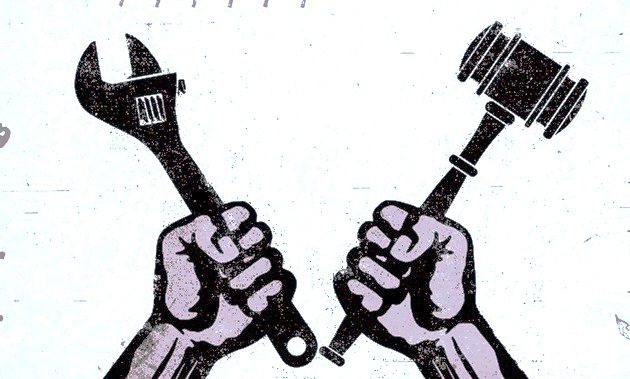Non-fragmentation of bargaining units
The policy of the Department of Labor and Employment (DOLE) under the law is geared towards "a single employer wide unit which is more to the broader and greater benefit of the employees working force." The philosophy is to avoid fragmentation of the bargaining unit so as to strengthen the bargaining power of the employees with the management. To veer away from such goal would be contrary, inimical and repugnant to the objectives of a strong and dynamic unionism. (G.R No. 158075)
What the employer can achieve in causing the fragmentation of bargaining units is to divide the employees, more particularly, the rank-and-file employees. The other workers who are not members are at a serious disadvantage because, if it is allowed, employees who are non-union members will be economically impaired and will not be able to negotiate their terms and conditions of work, thus defeating the very essence and reason of collective bargaining, which is an effective safeguard against the evil schemes of employers in terms and conditions of work. (G.R No. 158075)
The reference to "fragmented bargaining units" in law reflects the undesirability of employers having to negotiate in more than one place and with more than one union over parts of their workforce who are essentially the same, with the accompanying risk of inconsistent outcomes and of disruption as a result of competition between unions. In other words, it is fragmentation of collective bargaining that the test is designed to prevent. https://www.lexology.com/library/detail.aspx?g=6dedb666-a793-4a7a-935a-3012eefe59c4.
What the employer can achieve in causing the fragmentation of bargaining units is to divide the employees, more particularly, the rank-and-file employees. The other workers who are not members are at a serious disadvantage because, if it is allowed, employees who are non-union members will be economically impaired and will not be able to negotiate their terms and conditions of work, thus defeating the very essence and reason of collective bargaining, which is an effective safeguard against the evil schemes of employers in terms and conditions of work. (G.R No. 158075)
The reference to "fragmented bargaining units" in law reflects the undesirability of employers having to negotiate in more than one place and with more than one union over parts of their workforce who are essentially the same, with the accompanying risk of inconsistent outcomes and of disruption as a result of competition between unions. In other words, it is fragmentation of collective bargaining that the test is designed to prevent. https://www.lexology.com/library/detail.aspx?g=6dedb666-a793-4a7a-935a-3012eefe59c4.




